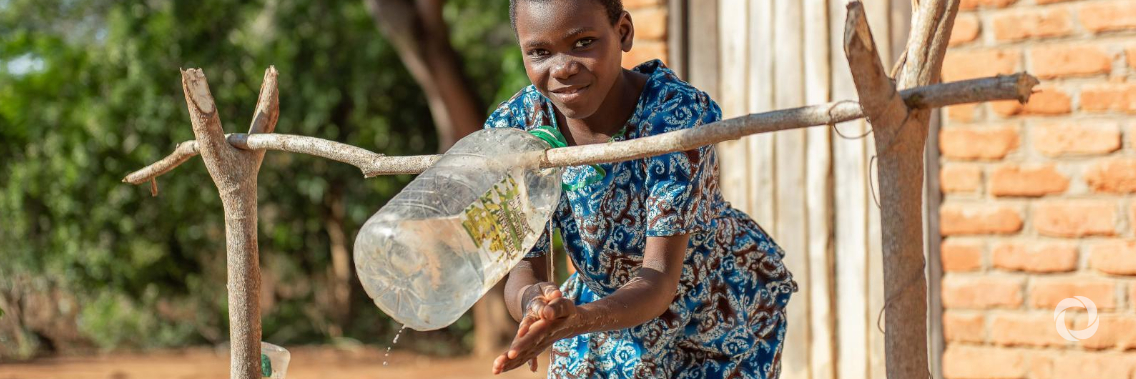International Development Secretary announces which charities and NGOs have received UK aid funding to help fight coronavirus in the developing world.
A total of 40 charities and NGOs will receive funding from the Department for International Development’s (DFID) £20 million humanitarian support package, announced last month, or the £100 million global hygiene partnership with Unilever, unveiled in March.
From 18 May 2020, up to £30 million of new grants will also be made available to small and medium-sized UK charities through the next round of the UK Aid Direct programme. Each charity will be able to bid for a grant up to £4 million for programmes that focus on tackling the coronavirus crisis.
The Small Charities Challenge Fund (SCCF) is also open for grants of up to £50,000 for the very best small British development charities tackling coronavirus.
Health experts have identified the weakness of developing countries’ healthcare systems as one of the biggest risks to the global spread of the virus. They have also warned that if coronavirus is left to spread in developing countries, this could lead to the virus re-emerging in the UK and put further pressure on our NHS.
DFID is therefore rapidly reprioritising its programmes around the world to better tackle the pandemic. Many of these in-country programmes are currently run directly by civil society organisations, including charities and NGOs.
“This pandemic is having a devastating impact on people all over the world and I am very grateful to charities and NGOs for their vital work to keep people safe. These organisations are often best placed to help those most at risk and are crucial to slowing the pandemic’s spread in the developing world. This, in turn, helps reduce the risk of future waves of infection globally, which could otherwise come to the UK,” said International Development Secretary Anne-Marie Trevelyan.
British charities, such as Humanity & Inclusion, Action Against Hunger, CARE and Christian Aid, have received funding from DFID’s £20 million humanitarian package, which will provide healthcare, water and sanitation, food and shelter to meet the basic needs of some of the world’s most vulnerable people, including in Yemen, Afghanistan, Somalia and Africa’s Sahel region.
More than £24 million has also been allocated from DFID’s £100 million partnership with Unilever, one of the largest producers of soap in the world, to Action Aid, PSI, WaterAid, International Rescue Committee, World Vision, the African Medical and Research Foundation and Water & Sanitation for the Urban Poor.
Plan International is also receiving support through UNICEF’s Education Cannot Wait fund which has provided £5m of UK aid to support over 11.5 million children in some of the poorest and most disadvantaged areas of the globe.
Original source: DFID
Published on 15 May 2020

